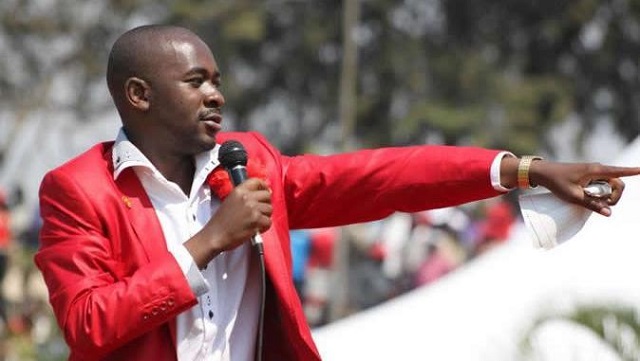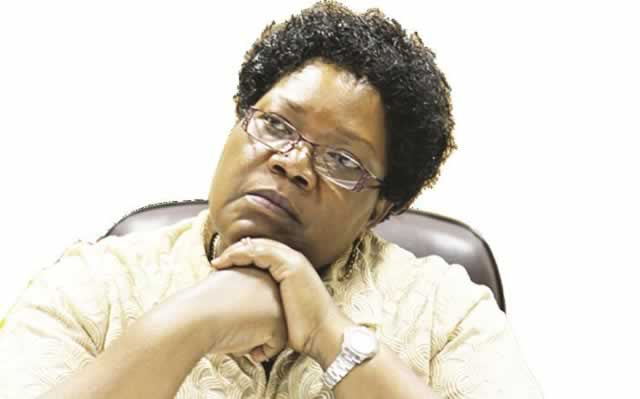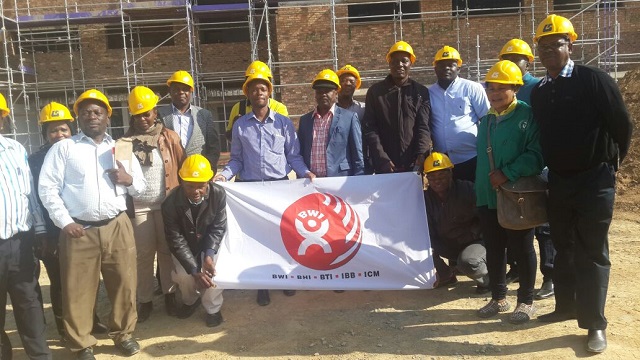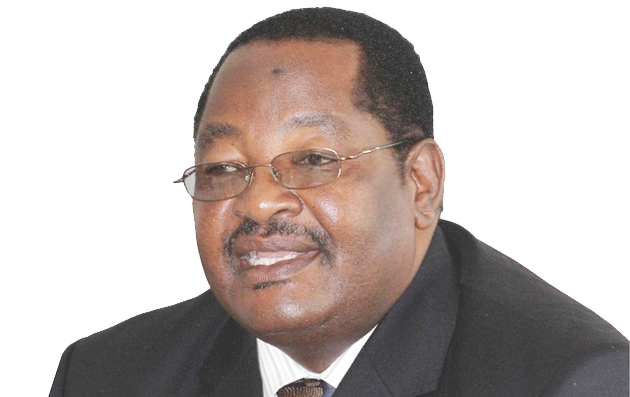Nomination Court: A moment of truth

Nduduzo Tshuma, Political Editor
THE Nomination Court sits tomorrow to confirm the candidates taking part in the July 30 harmonised elections with a number of developments in the political parties seeking to be voted into power during the plebiscite.
With a record 133 political parties having indicated interest to contest in the elections, the Nomination Court plays a critical role in the vetting exercise that will either maintain the number of political players or most likely reduce it.
Tomorrow, for the first time since 1980, the ruling Zanu-PF will present nomination papers for a new Presidential candidate in the person of President Emmerson Mnangagwa following the resignation of his predecessor, Mr Robert Mugabe in November last year.
In the new administration under President Mnangagwa, Zanu-PF held its primary elections that attracted a record number of candidates following the democratisation of the process.
The internal polls were marred by logistical challenges in some pockets with the party having adopted a new selection process under the auspices of the Party Elections Commission, which President Mnangagwa said was meant to professionalise the candidate selection process and deepen the party’s internal democracy.
The party, after consideration, identified some areas where election re-runs were done.
The primary elections chapter was cemented by the holding of a two-day healing and reconciliation workshop to bridge any differences that could have arisen and emphasising on the need to change focus towards campaigning for the national polls.
The party launched its manifesto looking at key factors like food security, job creation, national unity, international re-engagement and fighting corruption.
President Mnangagwa on Sunday posted his five-point pledge, informed by the Zanu-PF manifesto, on his Facebook page. The points are realisable within his five-year term if Zimbabweans vote him into power.
In an article carried by our sister paper The Herald, the five pledges are — leveraging the huge investment wave to create hundreds of thousands of jobs in agriculture, mining, tourism, the service sector and new infrastructure projects, have zero tolerance to corruption with anyone found guilty of corruption being fired and punished accordingly.
President Mnangagwa is also pledging to develop infrastructure worthy of a new Zimbabwe by increasing power generation, constructing a new railway network and dualising all major roads.
Further, the President intends to establish a modern and affordable health care system for all by reducing hospital fees by 50 percent, improving supply of critical drugs, guaranteeing free healthcare to all cancer patients and building 78 new hospitals, ensuring one hospital per district.
These developments come on the back of strides by the President Mnangagwa-led government to reposition the country on the international arena by engaging those countries with whom relations were previously hostile while strengthening ties with those countries that had stood with Zimbabwe during its years of isolation.
President Mnangagwa’s government has also attracted more than $16 billion in potential investment in what has been interpreted as the success of the re-engagement drive.
On the part of the MDC-T, for the first time since 2000, the party will not be submitting nomination papers for Morgan Tsvangirai as its presidential candidate following his death on February 14.
After Tsvangirai’s death, the party split into two factions; one led by Mr Nelson Chamisa and another fronted by Dr Thokozani Khupe with the two embroiled in a legal wrangle over the rights to the MDC-T brand and symbols.
The Mr Chamisa faction goes to the polls under the banner of the MDC Alliance, a coalition with other parties like the Professor Welshman Ncube-led MDC. Recently another faction of the National Patriotic Front aligned to Mr Mugabe endorsed the lawyer’s bid. The other NPF faction, led by Brigadier General Ambrose Mutinhiri (Retired), will go to the polls without entering into any coalition.
The Chamisa faction goes to the Nomination Court with a number of disgruntled members beaten in the primary elections marred by chaos and violence.
There have been allegations of imposition of candidates and intimidation with veteran legislators like Ms Jessie Majome opting to contest the forthcoming elections as independents.
In a sign of growing discontent in the party, Mr Chamisa’s deputy Engineer Elias Mudzuri alleged that rich strangers were being imposed at the expense of poor loyalists.
In a bid to quell growing discontent, the Mr Chamisa faction announced that it would not subject some of its senior members to the primary elections with the likes of Eng Mudzuri being included on the party’s senatorial list.
However, the intervention was not enough to quell the chaos as it continued unabated with some losing candidates who felt their complaints were not attended to being assaulted outside the MDC-T headquarters in Harare as they tried to seek audience with Mr Chamisa.
Reports from Bulawayo structures also indicate that the faction is facing a shortage of candidates to contest in the polls and has resorted to convincing members to take part in the polls.
The Dr Khupe faction has capitalised on the chaos rocking the Mr Chamisa grouping by receiving disgruntled members. Despite claims that they would field candidates countrywide, the Dr Khupe grouping is yet to come up with a full list of candidates to contest in the respective constituencies.
Outside the MDC Alliance is the People’s Rainbow Coalition led by Dr Joice Mujuru in alliance with a faction of the People’s Democratic Party which separated from their former leader Mr Tendai Biti who is backing Mr Chamisa.
The PRC, like the Dr Khupe faction, is yet to come up with a national list of candidates representing it in the constituencies.
As per tradition around this time, many political parties have been formed, perhaps the only time the country has the highest number of “presidents” but the Nomination Court presents a moment of truth separating real candidates from pretenders.
Most importantly, it marks an important step towards the holding of the historic polls on July 30.













Comments